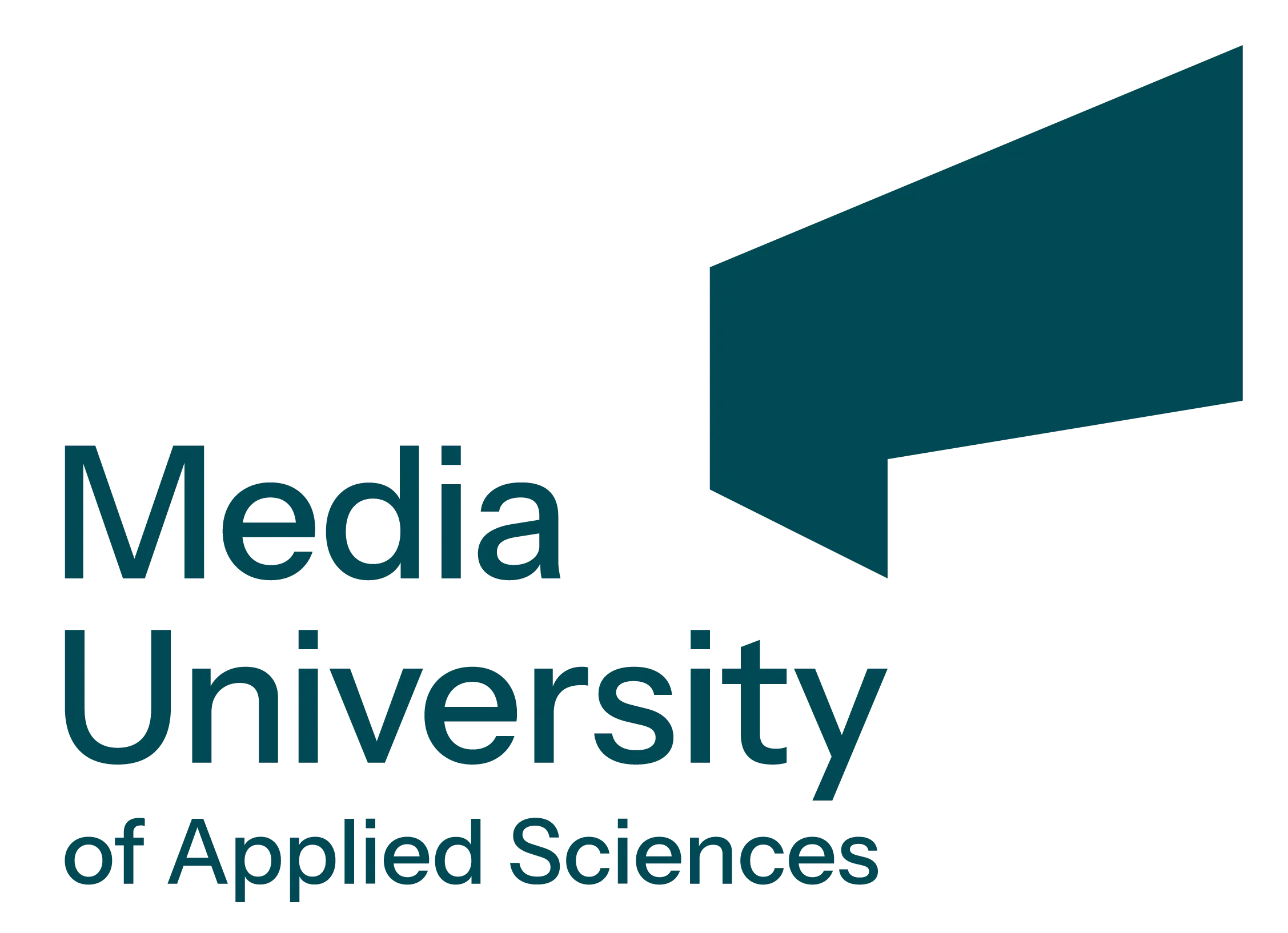University Faculties in Germany – Comprehensive List, Features, and Admissions
Selecting the Right Faculty in German Universities: Key Considerations
Fachbereich 3 - Wirtschafts- und Rechtswissenschaften , Hochschule für Technik und Wirtschaft Berlin)
University of Applied Science
City: Berlin
The approximately 3,000 students in the Department of Economics and Law deal with the most diverse facets of economics on the management campus of HTW Berlin in Treskowallee.

Fakultät Agrar, Bau und Umwelt , Universität Rostock)
University
City: Росток
Established in 1942, the Faculty of Agricultural, Civil and Environmental Engineering at the University of Rostock offers practical programs combining agricultural sciences, civil engineering, and environmental studies with personalized support.

Fakultät für Maschinenbau und Schiffstechnik , Universität Rostock)
University
City: Росток
Study at the Faculty of Mechanical Engineering and Marine Technology at Rostock University for hands-on engineering education. Specializations include Biomedical Engineering, Industry 5.0, and Renewable Energies.

Fakultät V - Mathematik und Naturwissenschaften , Carl von Ossietzky Universität Oldenburg)
University
City: Oldenburg
Faculty V. School of Mathematics and Science emerged from the departments of biology, chemistry, mathematics, physics, the Institute for Chemistry and Biology of the Sea (ICBM) and the Institute for Technical Education.

University of Applied Science
City: Frankfurt am Main
None

Theologische Fakultät , Universität Rostock)
University
City: Росток
Faculty of Theology at Rostock University offers innovative studies in Protestant Theology, emphasizing contemporary cultural issues and close professor-student interactions.

Medizinische Fakultät , Ernst-Moritz-Arndt-Universität Greifswald)
University
City: Greifswald
The University Medical Center Greifswald has its origins in the founding of the university on October 17, 1456, with which the Medical Faculty was founded. Today, the Greifswald University Medical Center encompasses a wide range of services in which 21 clinics / polyclinics, 19 institutes and other central facilities work …

Fachbereiche Design
University of Applied Science
City: Berlin
Study Graphic Design and Visual Communication or Communication Design and Creative Strategies

Fakultät für Informatik und Elektrotechnik , Universität Rostock)
University
City: Росток
The Faculty of Computer Science & Electrical Engineering (IEF) at the University of Rostock offers “Technology for People” through hands-on research and teaching in EE, CS and Business Informatics, serving 1,400 students from 56 countries.

Kommunikation, Medien & Marketing
University of Applied Science
City: Berlin

Economics & Quantitative Methods , International School of Management (Dortmund))
University of Applied Science
City: Dortmund

, Universität Rostock)
University
City: Росток
The Mathematisch-Naturwissenschaftliche Fakultät (MNF) at Rostock unites Biosciences, Chemistry, Mathematics and Physics. Close ties to IOW, IAP & LIKAT, 2 000+ students, 5 Bachelor & 11 Master programs, and hands-on, interdisciplinary research.

International Management, Logistics & Operations Department , International School of Management (Dortmund))
University of Applied Science
City: Dortmund

Fachbereiche Wirtschaft
University of Applied Science
City: Berlin
For more than ten years, Media University’s Business Department has been training future professionals for agencies, mid-sized companies, and global corporations. Graduates now work in fields such as music and artist management, event planning for automotive brands, and influencer/social media marketing.
Our business programs combine solid knowledge of business …

Universitätsmedizin , Universität Rostock)
University
City: Росток
University Medicine Rostock is the regional Maximalversorger, offering full-spectrum therapies, state-of-the-art research in HealthTechMedicine & Medical Biotechnology, and practice-based teaching for tomorrow’s healthcare leaders.

, International School of Management (Dortmund))
University of Applied Science
City: Dortmund

Fachbereiche Journalismus und Kommunikation
University of Applied Science
City: Berlin
Practice-oriented journalism study programs: Digital Journalism or Public Relations and Digital Marketing

Juristische Fakultät , Universität Rostock)
University
City: Росток
The Law Faculty at the University of Rostock offers the unique “Good Governance” LL.B. and LL.M. programs, combining law with economics, philosophy, sociology and politics, taught in small, supportive groups.

, International School of Management (Dortmund))
University of Applied Science
City: Dortmund

Fachbereiche Psychologie
University of Applied Science
City: Berlin
Study practice-oriented and scientific: Business Psychology (M.Sc.)
End-to-end admission to Germany — free case review
Contact us: we’ll map your admission route, explain timelines, requirements, and chances of enrollment. We work with students from any country.
Message us in a messenger
or send the form
Choosing the Right Faculty in German Universities: Key Considerations
Studying at a German university offers an exceptional opportunity to receive a world-class education in one of Europe’s leading academic environments. Germany’s higher education system is renowned for its diverse range of faculties, combining theoretical knowledge with practical skills to prepare students for successful careers across various industries.
Overview of University Faculties in Germany
German universities are structured into several faculties, each specializing in different academic disciplines. These faculties encompass a broad spectrum of fields, ensuring that students can pursue their interests and career aspirations in areas such as Engineering, Humanities, Natural Sciences, Medicine, Social Sciences, and Business Administration. Each faculty is equipped with state-of-the-art facilities and staffed by experienced professors dedicated to fostering academic excellence and innovation.
Types of Faculties and Their Specializations
- Engineering and Technology Faculties:
- Focus on disciplines like Mechanical Engineering, Electrical Engineering, Civil Engineering, and Computer Science.
- Emphasize hands-on training and industry partnerships to enhance practical skills.
- Humanities and Social Sciences Faculties:
- Offer programs in Philosophy, History, Sociology, Psychology, and International Relations.
- Promote critical thinking, research, and cultural understanding.
- Natural Sciences Faculties:
- Cover Biology, Chemistry, Physics, Environmental Science, and Mathematics.
- Encourage scientific research and technological advancements.
- Medicine and Health Sciences Faculties:
- Provide education in Medicine, Nursing, Public Health, and Biomedical Sciences.
- Combine theoretical studies with clinical practice and research opportunities.
- Business and Economics Faculties:
- Specialize in Business Administration, Economics, Finance, Marketing, and Management.
- Integrate theoretical frameworks with real-world business applications.
Admission Process for University Faculties in Germany
Admission to German university faculties typically requires meeting specific academic criteria, including:
- Educational Qualifications:
- Completion of a secondary education certificate equivalent to the German Abitur.
- Relevant prerequisites for specialized faculties, such as foundation courses for Engineering or Medicine.
- Language Proficiency:
- Proficiency in German (usually B2 or C1 level) for programs taught in German.
- English proficiency (TOEFL or IELTS) for programs taught in English.
- Application Documents:
- Transcripts of previous academic records.
- Letters of motivation and recommendation.
- Proof of financial resources.
- Depending on the faculty, additional requirements like entrance exams or portfolios.
Benefits of Studying at German University Faculties
- High-Quality Education: Germany’s universities are globally recognized for their academic rigor and research excellence.
- Practical Experience: Many faculties incorporate internships, industry projects, and practical training into their curricula.
- International Environment: A diverse student body and global faculty members create a multicultural learning atmosphere.
- Affordable Education: Public universities in Germany often have low or no tuition fees, making high-quality education accessible.
- Career Opportunities: Strong links with industry and a focus on employability ensure that graduates are well-prepared for the job market.
How to Choose the Right Faculty in a German University
Selecting the appropriate faculty is crucial for aligning your academic pursuits with your career goals. Consider the following factors:
- Personal Interests and Strengths: Choose a faculty that matches your passion and academic strengths.
- Career Prospects: Research the career opportunities and industry connections associated with each faculty.
- Program Structure and Curriculum: Evaluate the course offerings, practical components, and flexibility of the programs.
- University Reputation: Consider the reputation of the university and its faculties in your field of interest.
Conclusion
Germany’s university faculties offer a robust and diverse educational landscape, catering to a wide range of academic and professional interests. With a commitment to excellence, innovation, and practical training, German universities provide the ideal environment for students to thrive and achieve their career aspirations. Whether you aim to become a leading engineer, a skilled healthcare professional, or a business executive, Germany’s higher education system equips you with the knowledge and skills necessary for success.
Ready to embark on your academic journey? Explore the comprehensive list of faculties on this page and discover how StudyInFocus can assist you in selecting the right program and navigating the admission process to achieve your educational and career goals in Germany.
